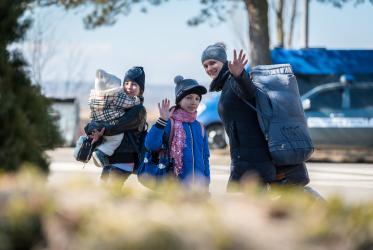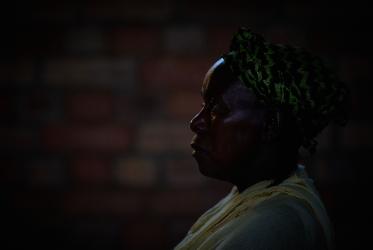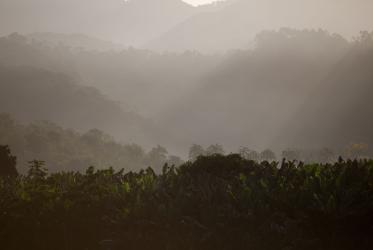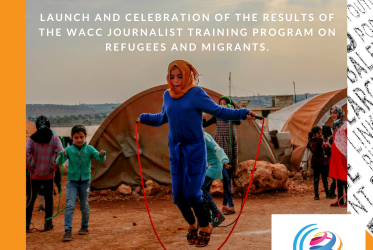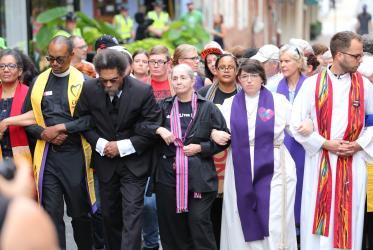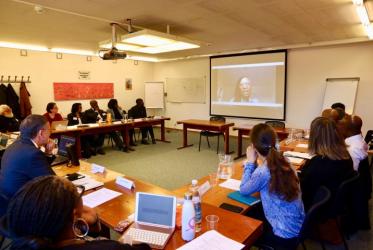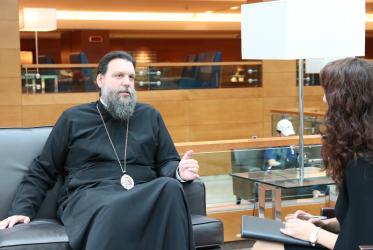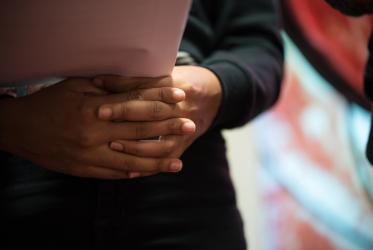Displaying 1 - 20 of 40
11 December 2023
Reshaping mission and the church during COVID-19
11 March 2021
WCC welcomes new staff
11 February 2020
WCC leads exploration on racial justice
16 April 2019
Learning exchange focuses on human rights among indigenous people
06 December 2018
Catholic official: we must walk and pray together with vulnerable people
19 September 2018

